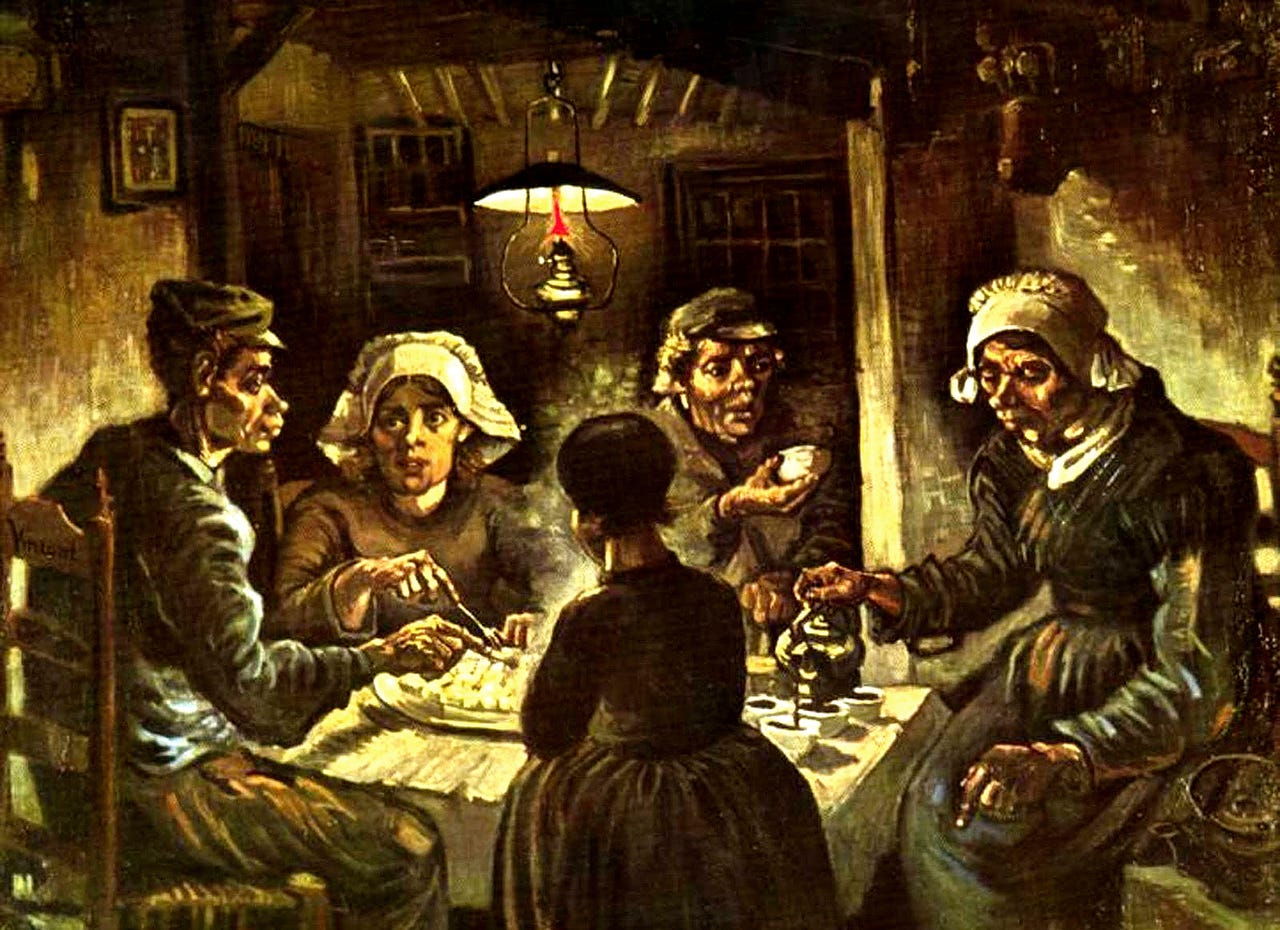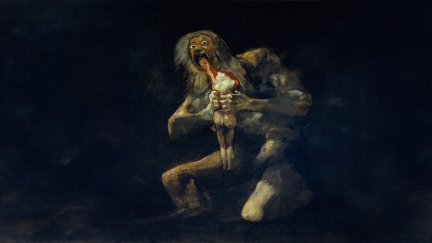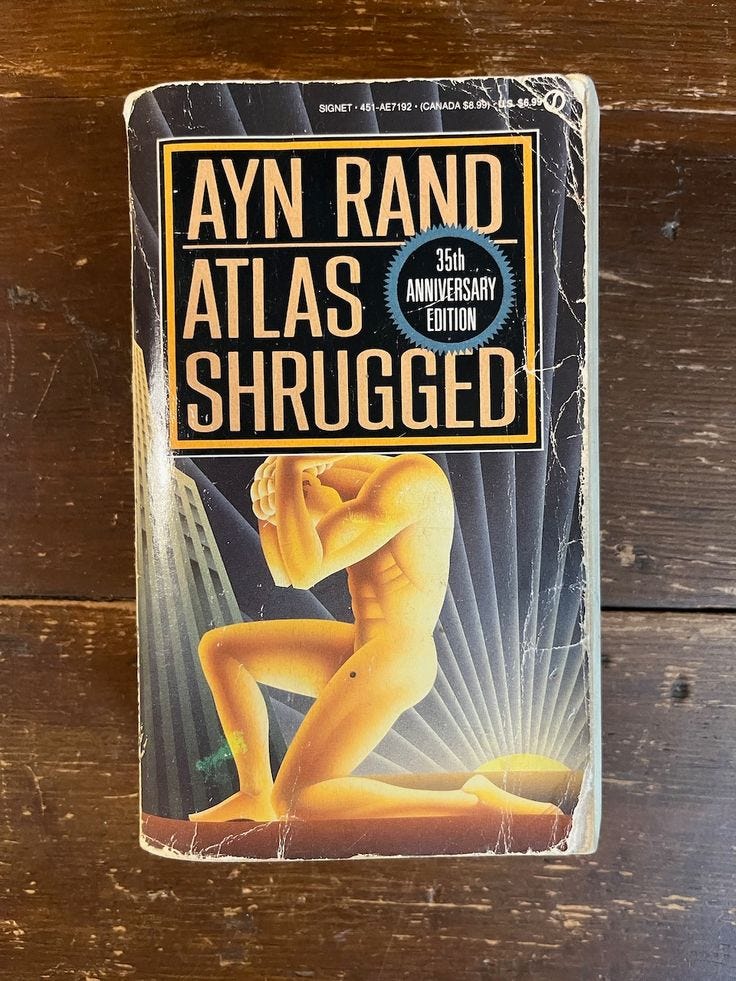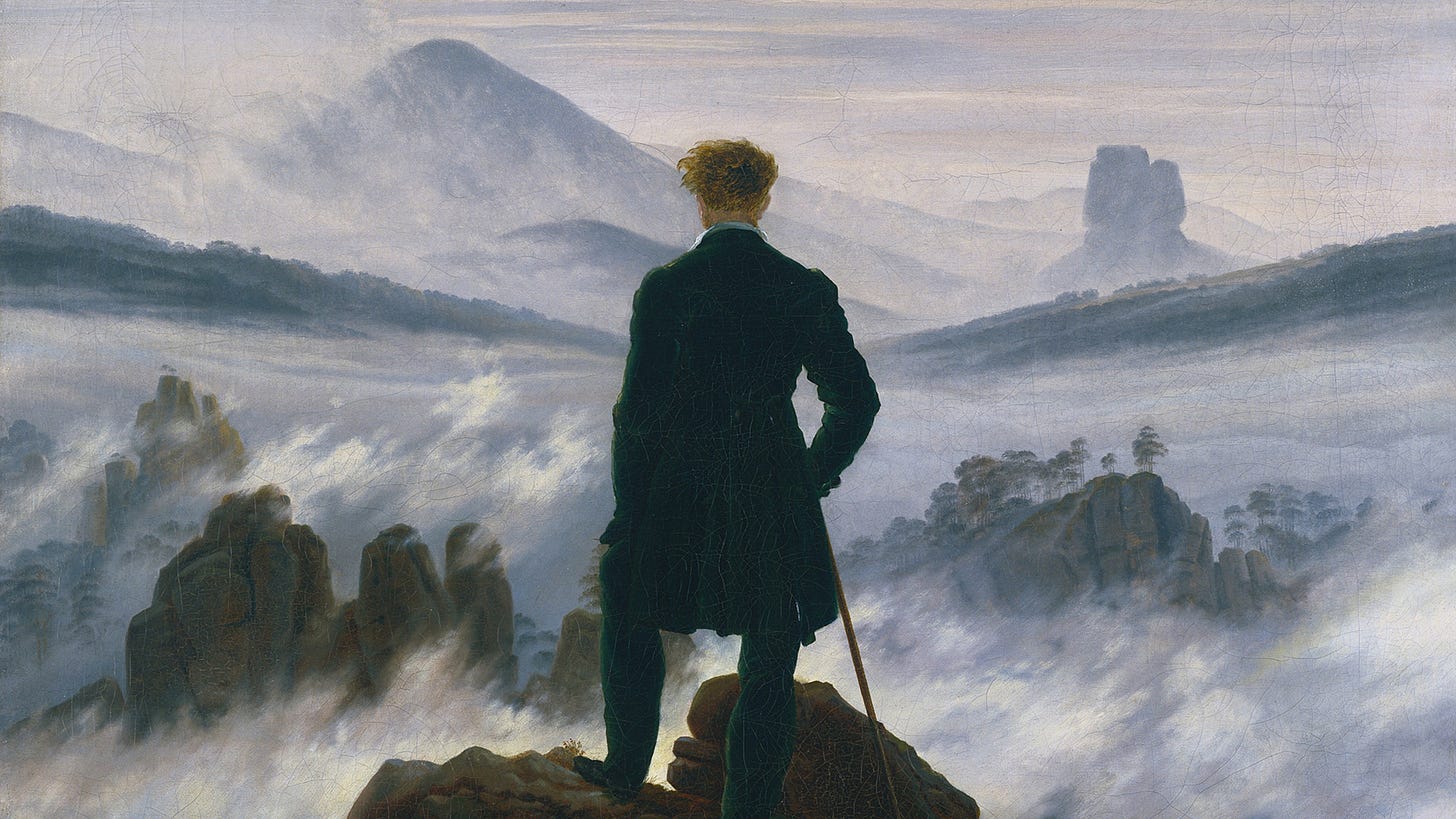The Paradox of Modern Prosperity
Automation and innovation should lower living costs, but instead they feed a system that thrives on our dependency.
Where has our surplus gone?
Human productivity, often measured in macroeconomics as GDP (Gross Domestic Product, the total value of goods and services produced), has steadily climbed in most nations for decades. This is especially true in Western countries, largely spared from the devastation of major wars or extreme foreign interference.
This rise in GDP means goods and services are cheaper and faster to produce. Technological advancements, from mechanical automation to software, system optimization, and now artificial intelligence, have steadily reduced the need for human labor and cognitive effort in many areas. Productivity gains should, in theory, translate into greater abundance, lowering the cost of living as our ability to produce increases.
Yet this is not what we see. If GDP keeps climbing, if buildings are constructed faster, food is grown in greater abundance, and manufacturing becomes more efficient, why is life getting harder? Why does survival in this sanitized, money-centric game feel more stressful, and for many, impossible? Why does it now take two full-time incomes to support a family, when just a few decades ago one salary could buy a home, raise children, and own a car?

The answers are complex and rooted in history, but one truth is clear: the surplus productivity we create is not coming back to us. It is being siphoned away, as if by invisible looters tugging at the very fabric of our lives.
“Money” today is a lie
Money is one of humanity’s most brilliant and timeless inventions. It serves as a metric of value, a common medium of exchange, and a reward system for the most productive members of society. By its nature, it incentivizes collaboration through a decentralized ethic of mutual benefit.
No single person can produce everything they require. We survive and thrive through community. Anthropologists believe Homo sapiens triumphed over Neanderthals because we evolved to collaborate in tribes of up to fifty people, while our prehistoric rivals, though stronger and possibly more intelligent, typically gathered in groups of no more than eight.
Money enabled collaboration on a far greater scale, laying the foundation for civilizations and empires. It provided a shared understanding of value that allowed abundance to grow through trade. At its best, it rewarded productive individuals in proportion to their contributions, fueling prosperity for all.
True wealth creation requires integrity and goodwill. When these exist, both individuals and communities benefit. But what happens when the very foundations of money are built on fraud?
Throughout history, humanity has used everything from fine seashells to round stones to gold as money. Advanced civilizations often relied on minted gold, silver, and copper. Gold, in particular, excelled as a high-value monetary asset because of four universal traits:
Durability: It withstands time and weather.
Portability: It carries high value relative to weight and size.
Divisibility: It can be split into smaller units for precise transactions.
Scarcity: Its supply is limited by nature or public agreement.
Nations that adhered to the gold standard often became the most prosperous, with trade networks built on a fair, simple, and stable foundation. Many of today’s economic problems could be resolved by returning to such a standard. Yet history shows that even gold is vulnerable to the greed of those in power. In 1933 and again in 1971, leaders abandoned it in favor of unchecked printing, a short-term gain for a few that ultimately seeds long-term collapse.

Ayn Rand’s solution to an impossible problem
A novel that deeply influenced me during a pivotal chapter of my life was Ayn Rand’s Atlas Shrugged. First mentioned to me in conversations with my father when I was a teenager, the title kept reappearing until, one bleak winter night in Ottawa, I decided to find it.
After a workout at a gothic gym and pool facility, my small sanctuary amid the city’s drug-ridden streets and harsh disparity, I walked to a tiny, dimly lit bookstore where books were stacked eight feet high, shelves hidden behind teetering towers known only to the shopkeeper.
“Do you have Atlas Shrugged?” I asked as I stepped inside. The clerk looked up from his book, set it down, and walked in a straight, unerring line to the copy I sought. Seconds later, it was in my hands. Ten dollars later, I was on my way home.
Reading it was a revelation. Rand’s fiction mirrored my reality. She wrote of the “producers” (those who create, innovate, and sustain society) being gradually exploited by the “looters.” The producers, knowing that collapse would take them down too, tolerated increasing taxation, red tape, and quiet theft by governments supported by populations that had lost their way. Eventually, the decline became irreversible, and the only recourse was to let the system die.
Rand’s solution was the “strike of the mind,” a peaceful withdrawal from the looters’ game. Let them plunder each other while the treasures of civilization, including technology, culture, and knowledge, are preserved elsewhere. Return only when the old fields have been cleared by self-destruction, ready for a new planting.
She showed that we need not go down with a sinking ship. We can use the time we have to build lifeboats that will spark the next golden age. Those who see such a turning point must find ways to detach from the system’s malignant co-dependency and join with others to build communities on the frontier of the next civilization. No war, no fight. Simply give to Caesar what is Caesar’s, and prepare for what comes next.





As always , the mark of wisdom is in your posts . Just wondering if you have specific ideas for consideration when it comes to building those communities of like minded souls . Living in a major city surrounded by those who rarely seem to question the ethics of what is happening, ( too old to move and have those big tree roots planted after all my many seasons) it's a difficult workaround . Wondering if wisdom can be taught or is it something like empathy - when those who are taught those phases of empathy , they don't ring true because they sound like they come from the head and not the gut at least to me . I do know that Ryan Holiday of the Stoic books will be having one on Wisdom coming out ; I do read those books , he seems unaware of his political bias and believes the truth was in the government 's virus agenda - at least that was evident in those earlier books . Love the painting The Potato Eaters as a fine example of the haves and the have nots .
Thank you Lluvias, a well considered piece of writing. Indeed we are building a new society which arises from a consciousness of trust rather than fear. Nostradamus said we can only become more reasonable when we lose our fear of ourselves and each other. It is the awareness of this present moment that puts us in a place of power, freed from fear of the future and regret from the past. In this moment we can act and those actions change the future.